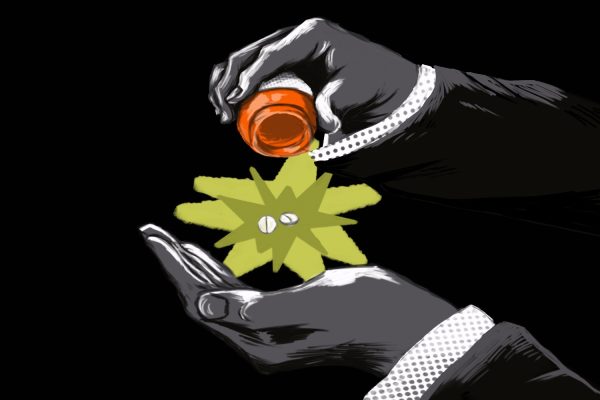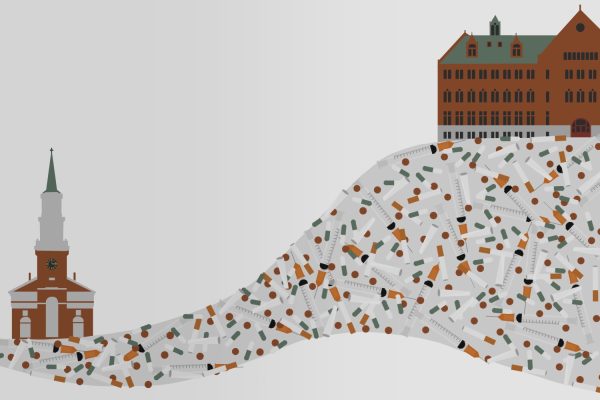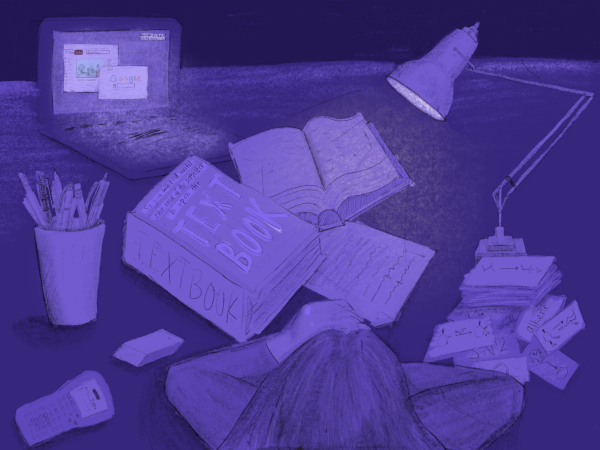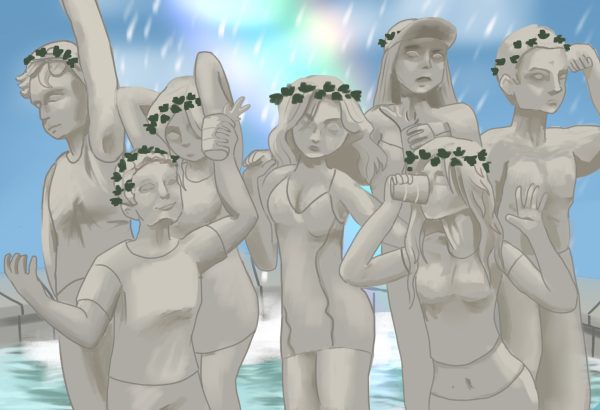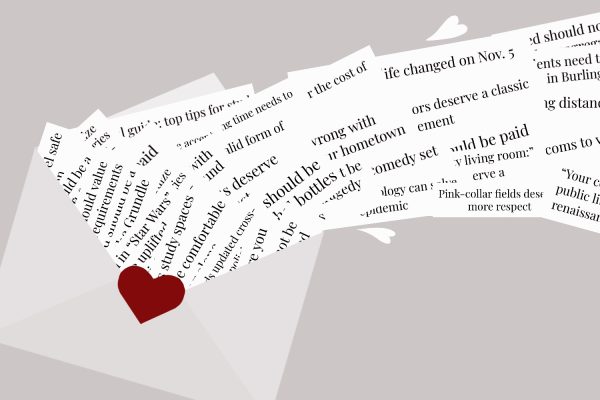Parisians in a tourist trap
Ê
Ê
Ah, Paris. The city of light, the mecca of culture, the oasis of mouthwatering baguettes.
These manuals have been distributed to hotels, cafes, shops and taxi companies. Inside each pamphlet are tips to make tourists feel more at ease in Paris.
Now this is all amusing and such, but what makes the situation controversial is that the suggestions for making tourists feel welcome are broken down by nationality and use extreme generalizations.
According to the guide, Americans are fixated with their technological devices and should be accommodated to being served dinner as early as 6 p.m. Ð an hour that is not the norm in France at all.
The pamphlet continues with advice such as that the British want to be called by their first names, the Japanese need to feel ÒreassuredÓ in social interactions, and that the Chinese are Òenthusiastic buyersÓ and should be greeted with a quick hello and then left in peace to examine the items.
These types of generalizations are deeply troubling for their use of language. How can you say that an entire nationality needs to feel ÒreassuredÓ by social interactions? How can you claim that a particular nationality is composed of rampant consumers? ItÕs a classic example of stereotyping that offers little positive value to international relations and perceptions.
Language aside, the underlying motivation behind this effort to change ParisÕ surly reputation is that tourism is paramount for the economy. Over 30 million people visit Paris each year, making it the most popular tourist destination in the world.
In these times of economic downturn, Paris is counting on tourism to keep the economy afloat. As Fran?ois Navarro, the communication of the Parisian tourism board says, ÒThereÕs a huge economic battle going on between the worldÕs tourism capitals. If we donÕt improve our service we will lose money.Ó
It is an interesting perspective, but the fact remains that in any major city you will find gruff, impatient people. City life just has that effect on people, whether itÕs Paris or New York or Beijing. And there are no tourist manuals being circulated in New York, despite its reputation for being downright hostile at times.
The other side of this issue is that tourists should not expect to have the same experiences as they do in their home country, nor should they demand to be accommodated at all times. Part of traveling is doing things differently, whether it is going to dinner later than 6 p.m. or having new experiences with customer service.
In an era where more and more people are traveling and exploring the world, it is essential to be aware of the local customs and to expect them to be different from your own. Walking into a store and assuming that the experience will cater to your preferences is blatantly unrealistic.
If more tourists who visited Paris would learn the simple phrases of ÒBonjourÓ and ÒsÕil vous plaitÓ and employed them at the correct times, much of the perception of Parisian impoliteness would be reduced. Plus if these tourists researched Parisian restaurant and shopping culture, they would understand the normal interactions and not take offense.
In conclusion, if tourists would take these two basic preparations, then this ridiculous manual would not even be necessary.


